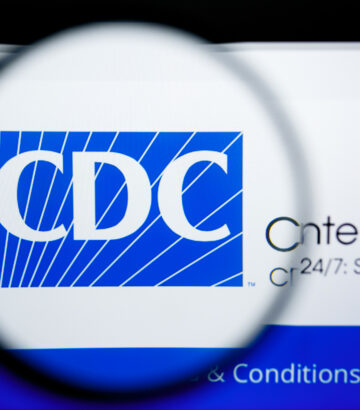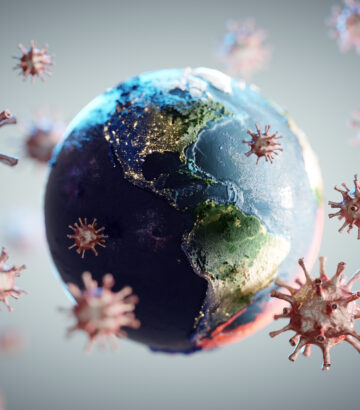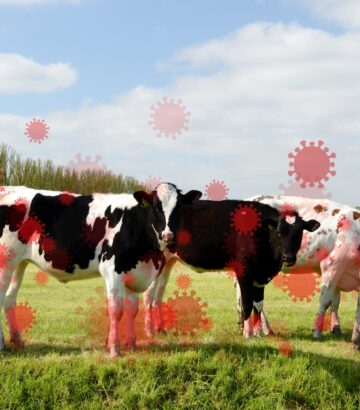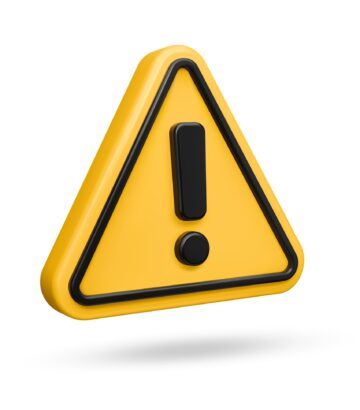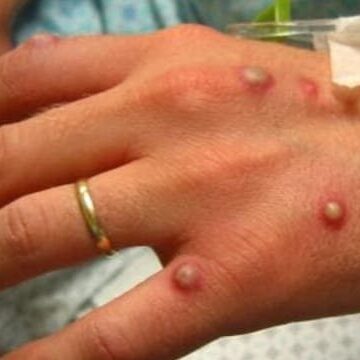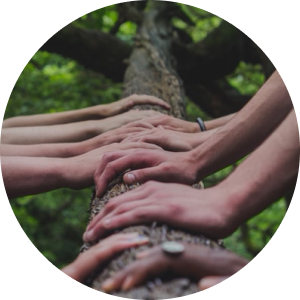The World Health Network Declares Monkeypox a Pandemic
DECLARATION OF MONKEYPOX A GLOBAL PANDEMIC
JUNE 22, 2022
WORLD HEALTH NETWORK
In view of:
- The growth of Monkeypox in 58 countries through local community transmission around the world, with 3,417 confirmed Monkeypox cases reported across 58 countries, and the rate of growth of cases increasing week by week across multiple continents
- The severe pain, scarring, blindness, and death, which has been observed in cases of Monkeypox historically.
- The greater severity of Monkeypox in children, who have thus far been spared during the current outbreak but are likely to be infected increasingly as community transmission expands.
- The danger of transmission to wildlife, including rodents such as mice, rats, squirrels, and domesticated pets, which would become a reservoir that will expand across the world leading to ongoing risk of human infection and the need to modify daily life due to this ongoing risk to avoid exposure in many contexts.
The World Health Network (WHN) declares the monkeypox outbreak a Public Health Emergency of Global Concern, by which it indicates that this outbreak is not limited to a single country or region and should be addressed by immediate actions taken wherever community transmission is taking place in order to ensure that the least effort is needed and the smallest impact is suffered due to this outbreak.
In particular the actions that are needed to achieve these objectives include:
- Widespread public communication about the symptoms that identify monkeypox:
Initial symptoms include swollen lymph nodes, fever, headache, cough, muscle and back pain, fatigue, and chills. Within a few days, a rash of blisters develops, often beginning on the face, with some recent cases starting on the genitals or anus, then spreading to other parts of the body including the chest, palms of the hands and soles of the feet, and even inside the mouth. The rash, which can be extremely painful, and often causes scarring, goes through spots, pimples, blisters, abscesses, and scabs, before the scabs finally fall off. - Widespread availability of testing, without restrictions based upon specific measures such as travel, known contact with infected individuals, or membership with specific communities (e.g. men who have sex with men) that are hithertofore high risk, but may not continue to be exclusively so.
- Clear information about where testing for monkeypox is available, and the importance of testing in order to prevent the infection of family members and others.
- Clear information about the need to isolate from others where symptoms may indicate infection even before the confirmation of monkeypox diagnosis.
- Clear information about the possibility of infection outside of the gay community—in which most transmission occurred during the initial expansion of monkeypox across the world—to avoid promoting any misunderstanding or perceived stigma that would lead individuals not to report their symptoms or be tested.
- Provision of accommodations in which isolation and quarantine is possible with necessary medical support.
- Provision of financial and other support for individuals who should isolate or be quarantined.
- Development of plans for targeted use of vaccination to contain the outbreak where necessary.
It is important to emphasize that early action requires the least intervention. Delayed action not only results in wider harm and suffering for those who become infected, but also much greater societal impact of interventions that are needed to contain its further effects. The current conditions are such that stopping the outbreak is likely possible with widespread case identification and contact tracing. Allowing further transmission may very well lead to conditions in which significantly more difficult and harsher interventions are needed to achieve the same objectives. Furthermore, monkeypox can affect anyone, so any perception and associated stigma that it only affects a specific group has the potential both to cause injustice and to hinder timely identification and isolation of all cases.
